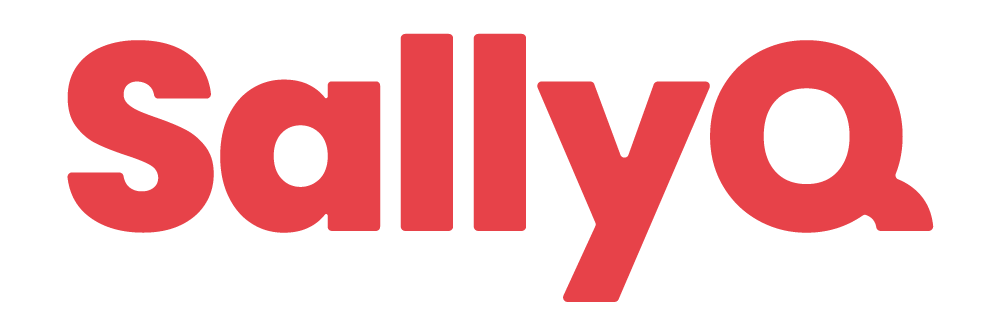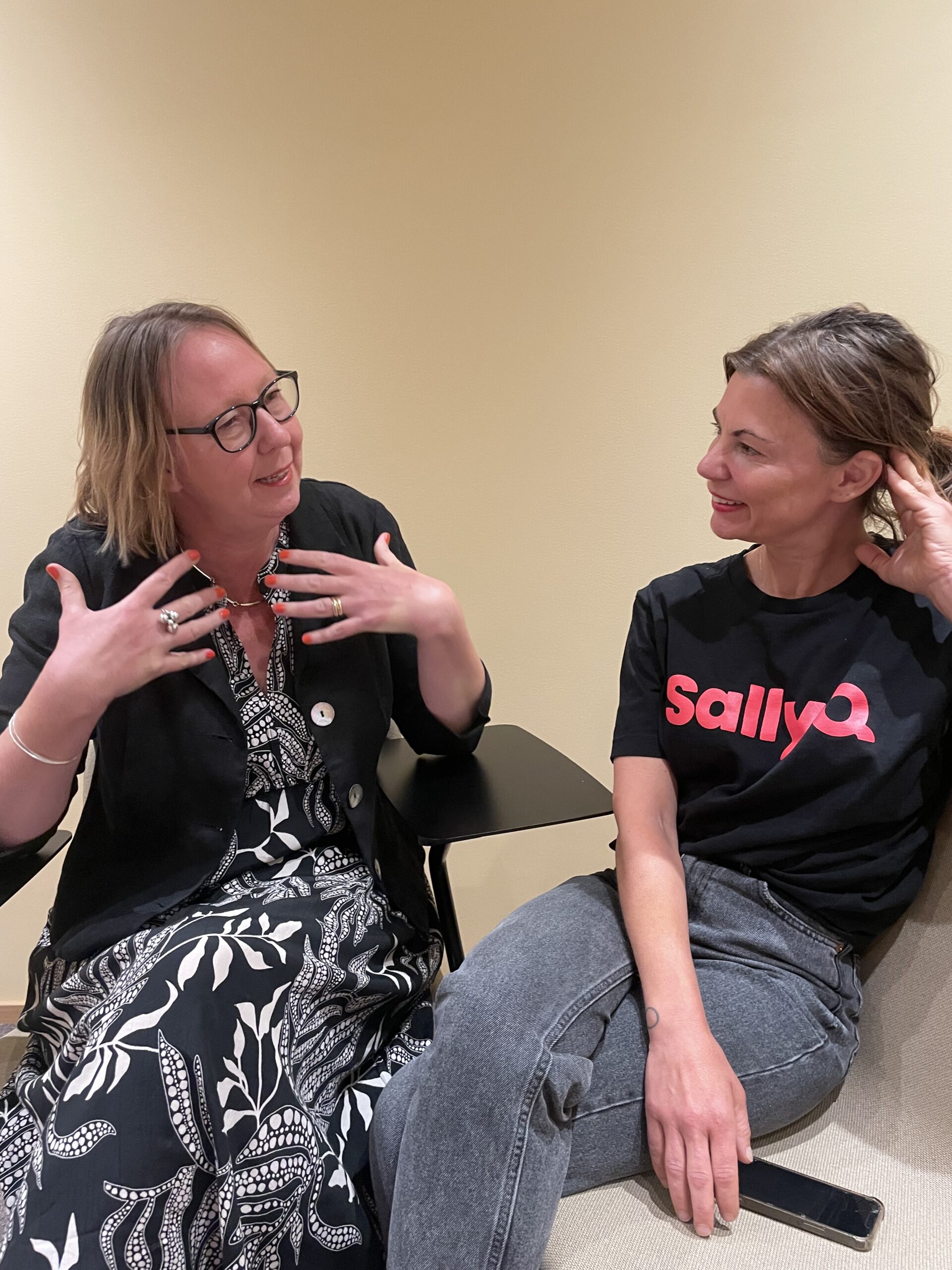How do we create a work environment that rewards courage?
In a highly regulated industry like the pharmaceutical sector, there are strict rules and work routines in place to support and simplify daily tasks, but these rules and routines can also hinder and intimidate. Helena Fröstadius, educator and quality consultant, and Ellinor Crafoord, CEO and senior recruitment consultant, highlight the issue and want more people to discuss the phenomenon.
We have a strong drive to contribute to the development of the individual and, in turn, the development of the industry. Recently, we have also reflected on the fact that we consistently encounter people working within the quality function who are driven by the fear of making mistakes.
That in itself is not really surprising. There is every reason for QA employees in the pharmaceutical industry to be cautious, but when fear turns into paralysis or an unwillingness to make decisions, then we have a problem – one where a risk-based approach and creative thinking can be hindered.
In the pharmaceutical industry, we have established SOPs and procedures to guarantee high-quality, patient-safe products. Following the SOPs is a given, but just like life, pharmaceutical manufacturing is not black and white. There are gray areas, when something unexpected happens and what occurs is NOT described in regulations or SOPs. In those moments, courage is required to act and make decisions. A decision that, in hindsight, can be seen as 'right or wrong.'
En fungerande arbetsmiljö
There is not ONE solution, but we need to reflect on how we create a work environment that counters a vicious cycle of self-doubt and rewards creativity and courage. We want to highlight three areas that we believe are crucial:
1. Rätt person på rätt plats. Säkerställ att ni rekryterar rätt typ av personlighet för QA-rollen. Regelverken kan man lära sig, men sin grundläggande personlighet är svårare att ändra på. QA-rollen är kanske inte rätt för en person som är ångestdriven eller en utpräglad ”people-pleaser”.
2. Organisatoriska förutsättningar. Polis, nej-sägare, bromskloss, petimeter… QA-rollen har många smeknamn och de är inte alltid positiva. Därför kommer synen på QA-funktionen att avgöra dess möjlighet att trivas och utföra sitt jobb.
3. Ledarskapet är avgörande för att skapa en hög psykologisk trygghet. Vi behöver ledare som formar QA-medarbetare till att lita på sitt omdöme och då vågar vara kreativa inom de satta ramarna. Vi sticker ut hakan och påstår att sakkunskapen är underordnad ledarskapsförmågan.
/ Ellinor Crafoord, CEO at SallyQ & Helena Fröstadius, Utbildningsledare and Coach at Prudensa Consulting
Debattartikel publicerad i Life Science Sweden, augusti 2024.




